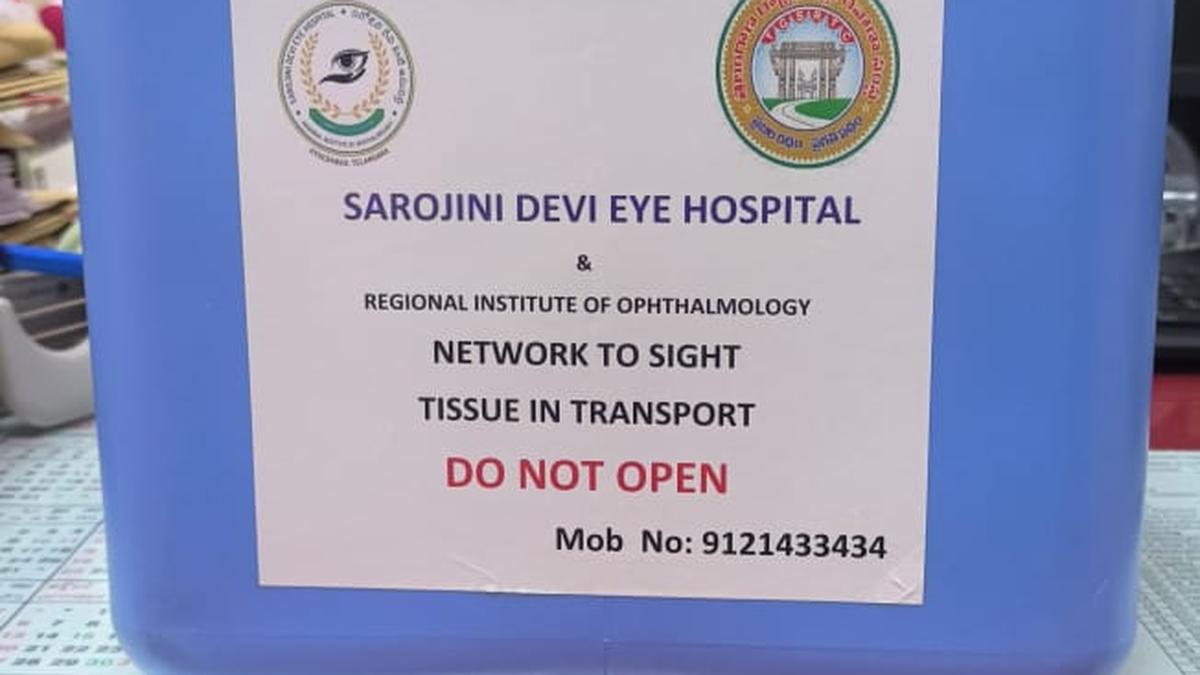Now Reading: Drawing Competition Held in Nilgiris to Mark Vulture Awareness Day
-
01
Drawing Competition Held in Nilgiris to Mark Vulture Awareness Day
Drawing Competition Held in Nilgiris to Mark Vulture Awareness Day
Swift Summary
- A drawing competition was organised at the government Tribal residential School in Bokkapuram, Mudumalai Tiger Reserve (MTR), to raise awareness for International Vulture Awareness Day, celebrated on September 6.
- The Nilgiris houses one of the last viable populations of three vulture species in Southern India.
- Fifty students used natural dyes (wood charcoal,turmeric,leaves,flowers,coffee powder,clay) to create artwork reflecting conventional tribal methods.
- Eco-Voice Trust and the Forest Department organised the event; M. Manigandan explained threats faced by vultures such as habitat loss, harmful veterinary drugs like nimesulide and ketoprofen despite diclofenac being banned, cattle poisoning practices, climate change effects.
- Tamil Nadu Forest Department has proposed a captive breeding program for vultures but faces challenges unless certain regional protections are enforced.
- Eco-Voice Trust urged declaring Mudumalai Tiger Reserve’s core zone within a 50 km radius as a “Vulture-safe zone” to strictly regulate harmful practices and ensure safe food availability for vultures.
- Arulagam NGO started a signature campaign from September 5-7 at Rose Garden (Udhagamandalam) and Moyar Dam near Masinagudi to support vulture conservation.
Indian Opinion Analysis
The initiatives surrounding International Vulture Awareness Day underscore critical efforts needed to address India’s declining vulture population. The region-specific awareness events in Nilgiris highlight an urgency given their local ecological importance as apex scavengers preventing disease spread through carcass disposal. While proposals like captive breeding programmes indicate promising steps forward from conservation authorities such as Tamil Nadu’s Forest Department, implementing necessary safeguards like banning specific veterinary drugs or establishing Vulture-safe zones is paramount.
Educational outreach activities such as art competitions using tribal-dye techniques bridge community engagement with ecological concerns – fostering cultural connection while creating future advocates. Signature campaigns led by NGOs further amplify public involvement but must be supplemented with robust policy implementation ensuring secure habitats for vultures. Considering India lost nearly all its vultures since the 1980s due largely to human-induced factors like toxic drug usage and habitat degradation highlights broader conservation lessons applicable across other vulnerable wildlife sectors.
Read More: The Hindu
























